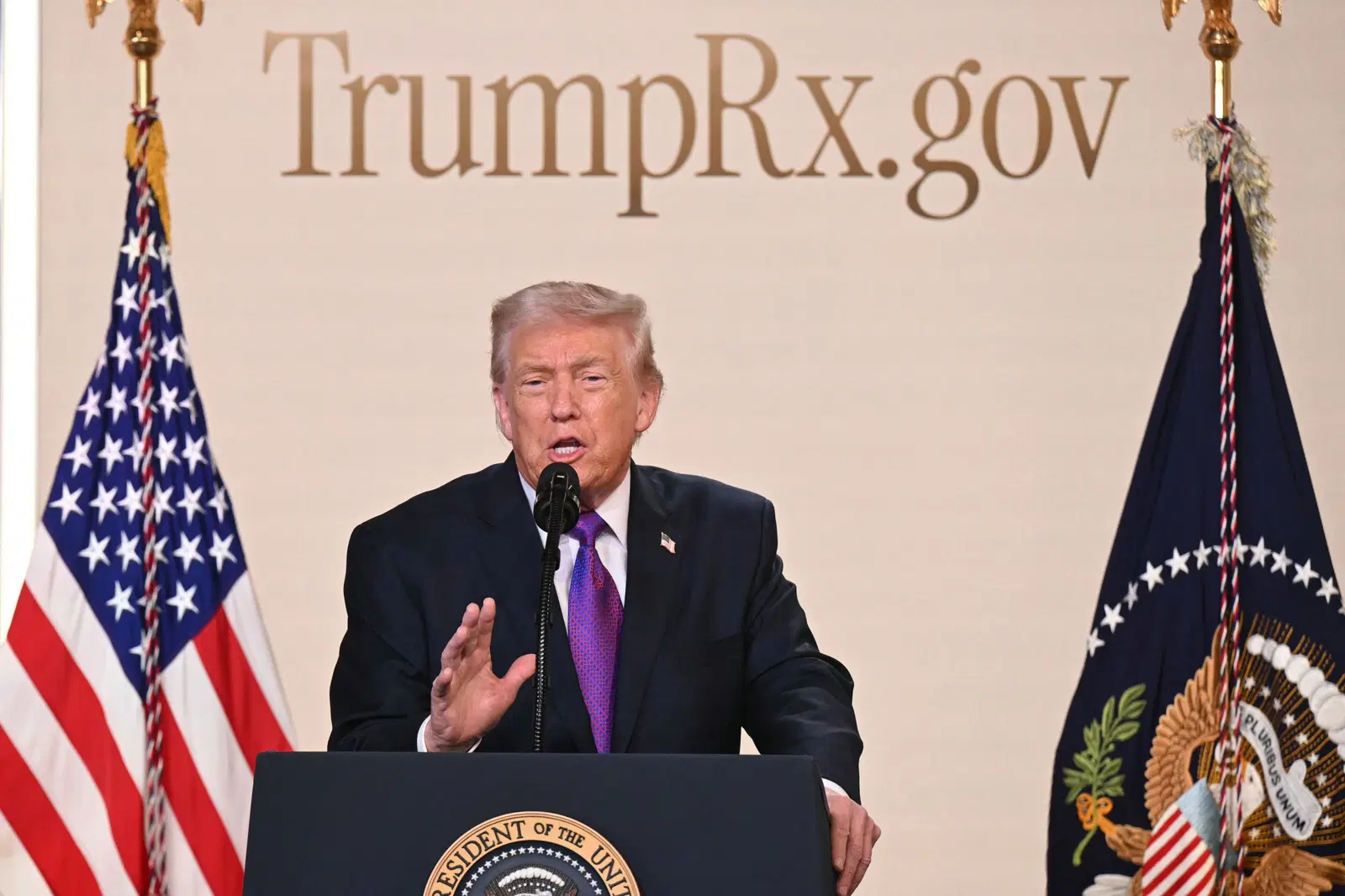PayPal is making a push into the United States point-of-sale payments sector, unveiling a new initiative that integrates its debit card with Apple’s mobile wallet and offers up to 5% cashback rewards.
This move marks a strategic effort by the global online payments leader to directly challenge tech giants and traditional banks in the in-person payment arena.
Under the leadership of new CEO Alex Chriss, who joined PayPal from Intuit last year, the company is aiming to capture a share of in-store transactions at retailers, cafes, and restaurants. Chriss emphasized the importance of expanding beyond the online payments space. “E-commerce has certainly been a major growth area, but it’s not everything,” Chriss noted. “Now consumers can use PayPal for every purchase, everywhere, every time.”
The new point-of-sale initiative includes a 5% cashback reward on select purchases, up to $1,000 per month, along with additional benefits from partnerships with brands such as DoorDash and Sephora. This expansion aligns with the growing use of debit cards in the U.S., which saw a surge to $4.55 trillion in payments in 2021, up from $2.47 trillion in 2015, according to Federal Reserve data.
Chriss pointed out that as consumers become more budget-conscious, they are increasingly turning to debit cards to manage their spending. PayPal’s integration with Apple Pay allows customers to use their debit cards with mobile wallets and “tap to pay” features.
The 5% cashback reward on selected categories places PayPal’s debit card among the more competitive options in the market. A recent report by Valuedynamx revealed that only 24% of debit cardholders earned cashback rewards in 2023, compared to 74% of credit cardholders.
Amid growing competition from tech rivals like Apple and Google, PayPal is undertaking its largest-ever marketing campaign to boost its in-person payment services. While the company has not disclosed the exact amount of this investment, it has indicated that marketing and brand campaigns will increase expenses in the latter half of the year.
Chriss has termed 2024 as a “transition year” for PayPal, with a focus on diversifying revenue streams beyond transaction volume.
This year, PayPal introduced AI-driven products and a one-click checkout feature. Although PayPal’s stock has risen more than 17% since the start of the year, it still lags behind the S&P 500’s 22% gain.









